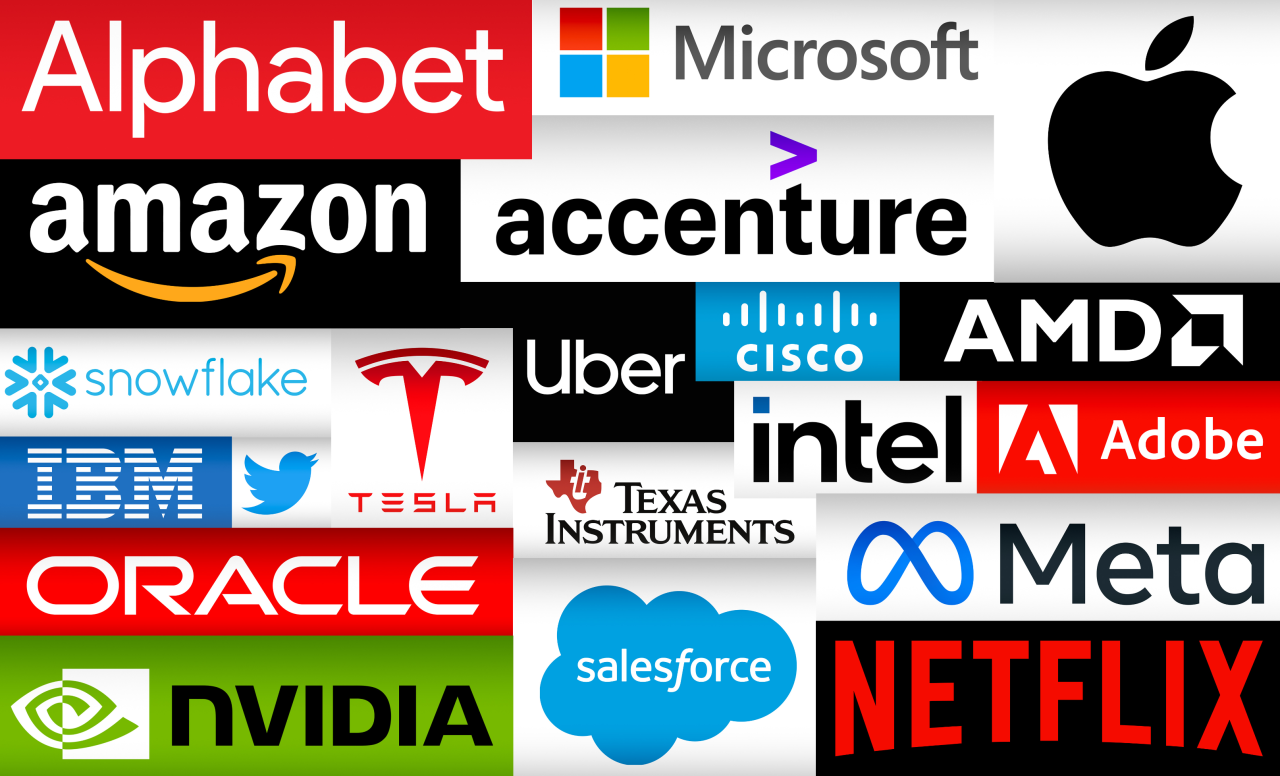Peering into the Future

1: Is Artificial Intelligence (AI) real or hype? If it’s real, what’s the best way to invest in its success?

Linda Duessel, Federated Hermes
AI isn’t hype but a revolution, reminiscent of the internet a quarter of a century ago. Technological advances across all industries will drive productivity in the next decade — great news for earnings, consumers and workers. Don’t fear AI taking your job; fear your coworker who understands it better than you. Worried about a “Terminator” type outcome? Maybe in 2060. Meanwhile, we will love the productivity it brings! Beyond semiconductors, there are plenty of investment opportunities in software, data centers, cybersecurity and any company successfully adopting AI.
Win Smathers, Shorebridge Wealth Management
AI is very real and perhaps underhyped. Some pundits consider AI to be the next industrial revolution in terms of its magnitude of impact across all industries. I believe eventually we will directly or indirectly use AI in virtually every aspect of our daily lives. The obvious investment theme is to own the chip companies providing the massive computing power required for AI. Also obvious are the software platforms incorporating AI to fuel their applications to simplify, automate, analyze, and solve. Second derivative ways to play AI are data centers and the equipment required to fill them, including servers and cooling systems. All this computing power will require lots of electricity. Power grids will need to be upgraded and expanded, creating a third derivative way to play AI investment.


Beth Genter, Schenley Capital
Artificial intelligence (AI) is poised to become the most transformative technological innovation in history. Organizations worldwide are actively exploring AI’s potential to drive business value, streamline operations, and catalyze innovation across diverse sectors. Despite prevalent misconceptions portraying AI as a threat to employment, the reality is quite the opposite. AI empowers workers to achieve unprecedented levels of productivity by automating routine tasks and expediting data analysis, thereby affording them more time for strategic thinking, creative endeavors, and product/service development.
Both public and private enterprises are embracing AI as early adopters, spanning industries such as information technology, cybersecurity, marketing, sales, customer service, and research and development. Diversifying investments across leading technology, 3D chip manufacturers, e-commerce, consumer, device, and internet search companies allows investors to tap into AI growth potential. By leveraging AI technologies, organizations can unlock opportunities to streamline operations, reduce costs, and enhance worker productivity. Moreover, AI enables highly skilled individuals to channel their expertise into driving innovation, developing advanced products, and refining processes. The future holds immense promise for those who embrace AI, ushering in a new era of efficiency, creativity, and opportunity.
Joseph A. Scarpo, CAPTRUST
In some respects, AI is both real and hype. On the one hand, it offers the potential for massive productivity gains across a wide swath of industries. Productivity is a powerful driver of economic growth and prosperity, and AI has the power to turn a large segment of companies in every sector into, essentially, technology companies by automating and expediting tasks, anticipating problems, and making workers more productive. However, these improvements will not occur overnight. It will likely take a longer time frame for the full impacts to permeate the economy. In that respect, the current fever pitch of excitement may have outpaced the degree of near-term adoption. From an investment perspective, there are three primary ways to invest in the success of AI: through the underlying technology providers and platforms (many of which already have enjoyed enormous gains); through the infrastructure providers that will support its growth (such as energy infrastructure and data centers); and through the individual companies in each industry that have the most to gain from AI-fueled productivity.


Loyd J. Johnson, First Commonwealth Advisors
Bill Gates says about innovation, “We always overestimate the change that will occur in the next two years and underestimate the change that will occur in the next ten.” We see exuberance in the space, which may die down as the early benefits sought are not immediately realized. However, in the long run, we believe it will be transformational. Artificial intelligence will be a massive shift in how companies of all sizes conduct business. It has the ability, over time, to transform how work products are created. With that said, the monetization of AI and investment surrounding it is a modern-day gold rush. The current bet seems to be on selling picks and shovels (Nvidia, et. al.) versus mining for the gold. As for investment, one underlying theme that we consider investible is the reliance on cloud computing to process the massive amounts of data required. Given the extraordinarily high start-up costs of building cloud infrastructure, our view is that Microsoft (Azure), Google (Cloud) and Amazon (AWS) are likely beneficiaries. There will be smaller niche companies that excel in specific AI functionality, but our view is that it is too early to determine likely winners in the space.
Dan Eye, Fort Pitt Capital Group
In short, we think it’s real. However, as long-term, fundamental investors, we get nervous when the Wall Street hype machine kicks into full gear. And we’ve clearly shifted into overdrive with the excitement around AI. We don’t have to look too far into the past to remember the excessive exuberance about emerging technologies, such as Blockchain, the Metaverse, and 3D printing. We don’t talk about those technologies anymore. We view AI as a much more durable structural growth trend. However, with expectations so high, it will be important for the leaders in the space to start showing some success with their ability to monetize the technology. Investors aren’t going to be overly patient here, given the premiums already embedded in many of these stocks.
Our strategy for investing in AI is a multifaceted approach. We have investments in several of the mega-cap technology companies that have a clear first-mover advantage and deep pockets to fund the necessary research and development costs. We’re also investing in several semiconductor, semiconductor equipment and networking companies that we expect to benefit from the ramp-up in demand for data processing and connectivity. Our ancillary plays include investments in companies that focus on logistics, and even agricultural equipment companies that we anticipate will be able to utilize the technology to materially improve profitability. Our main strategy is to invest in companies that we expect to benefit from AI adoption but also where current valuations make sense if the monetization process takes longer, or the total addressable market isn’t as large as many investors envision.











